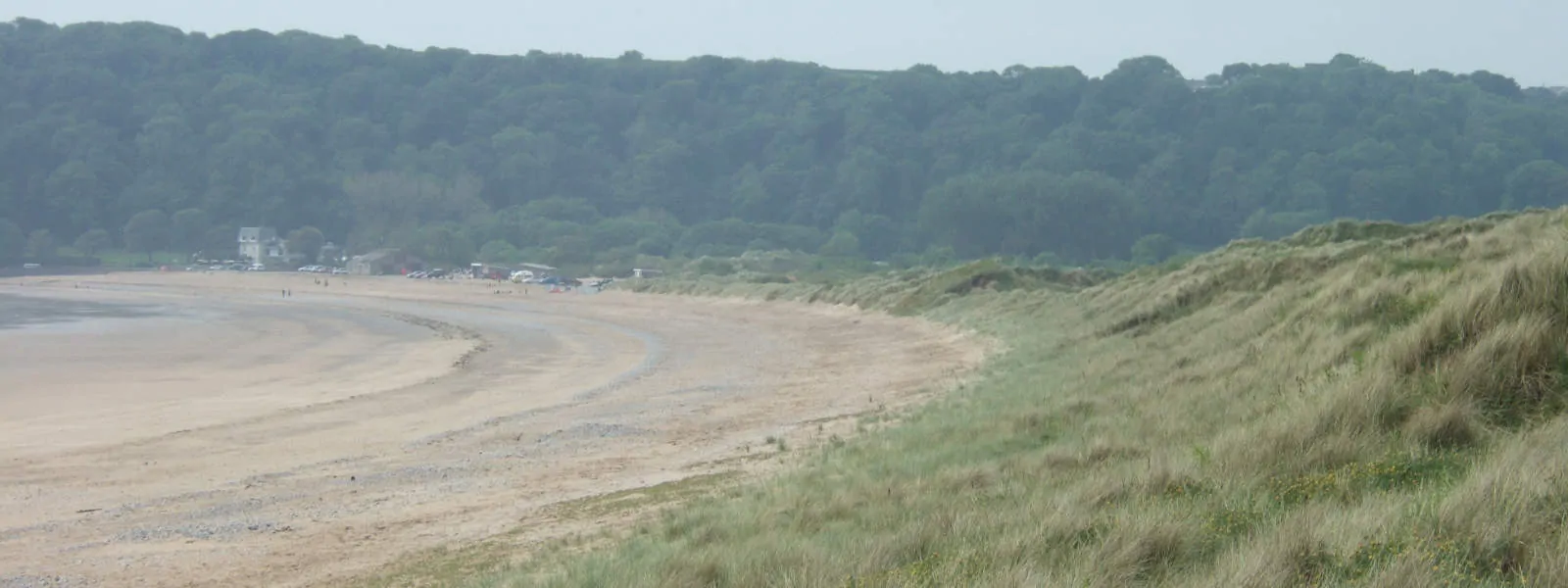This field trip has the following curriculum links
Science: Interdependence of Organisms
Through fieldwork, the plants and animals found in two contrasting local environments, e.g. identification, nutrition, life cycles, place in environment. KS2.
Science: Interdependence of Organisms
The interdependence of living organisms in those two environments and their representation as food chains. KS2.
Science: Interdependence of Organisms
The environmental factors that affect what grows and lives in those two environments. KS2.
Geography: Geographical Skills
Carry out:
– At least one group investigation and one independent investigation into a geographical question or issue.
– Fieldwork to observe and investigate real places and processes.
Ask and answer the questions:
– What are the features, the processes and patterns of this place/environment and why do they occur?
– How and why is this place/environment changing? What might happen next, in the short/long term and why?
– How and why is this place/environment/feature connected to and interdependent with other places/environment/features?
– How do environments and people interact?
– How can changes be sustainable and why is it important for this place/environment?
– What are the geographical issues for people living in this location?
– How and why do people’s views on issues differ and what do I think? How can my actions and those of other people make a difference?
Locally, nationally and globally? KS3.
Geography: Geographical Skills
Study the physical world: the processes and landforms of coasts or rivers. KS3.
Geography: Geographical Skills
Investigative Skills
Cartographic Skills
Statistical Skills
A level
Science: Interdependence of Organisms
The interdependence of organisms and their representation as food webs, pyramids of numbers and simple energy-flow diagrams. KS3.
Science: Interdependence of Organisms
How and why food webs are affected by environmental factors, e.g. light intensity, water availability, temperature, and their fluctuations. KS3.
Science: Interdependence of Organisms
How human activity affects the global environment, e.g. acid rain, greenhouse effect, and the measures taken to minimise any negative effects. KS3.
Science: Interdependence of Organisms
How humans affect the local environment, e.g. litter, water pollution, noise pollution. KS2.
